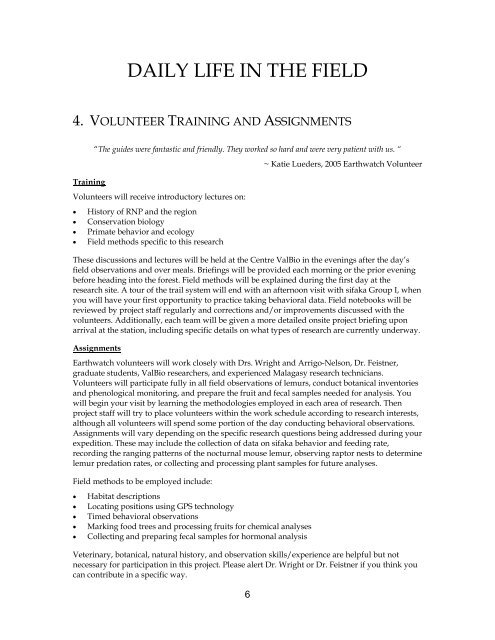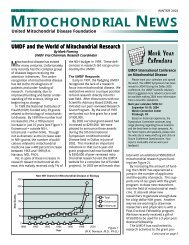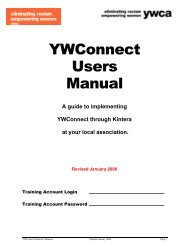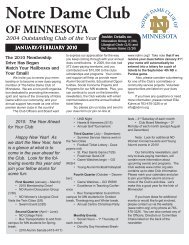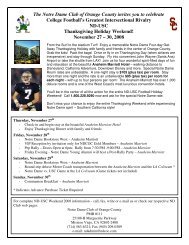Madagascar's Lemurs
Madagascar's Lemurs
Madagascar's Lemurs
Create successful ePaper yourself
Turn your PDF publications into a flip-book with our unique Google optimized e-Paper software.
DAILY LIFE IN THE FIELD<br />
4. VOLUNTEER TRAINING AND ASSIGNMENTS<br />
Training<br />
“The guides were fantastic and friendly. They worked so hard and were very patient with us. “<br />
Volunteers will receive introductory lectures on:<br />
• History of RNP and the region<br />
• Conservation biology<br />
• Primate behavior and ecology<br />
• Field methods specific to this research<br />
6<br />
~ Katie Lueders, 2005 Earthwatch Volunteer<br />
These discussions and lectures will be held at the Centre ValBio in the evenings after the day’s<br />
field observations and over meals. Briefings will be provided each morning or the prior evening<br />
before heading into the forest. Field methods will be explained during the first day at the<br />
research site. A tour of the trail system will end with an afternoon visit with sifaka Group I, when<br />
you will have your first opportunity to practice taking behavioral data. Field notebooks will be<br />
reviewed by project staff regularly and corrections and/or improvements discussed with the<br />
volunteers. Additionally, each team will be given a more detailed onsite project briefing upon<br />
arrival at the station, including specific details on what types of research are currently underway.<br />
Assignments<br />
Earthwatch volunteers will work closely with Drs. Wright and Arrigo-Nelson, Dr. Feistner,<br />
graduate students, ValBio researchers, and experienced Malagasy research technicians.<br />
Volunteers will participate fully in all field observations of lemurs, conduct botanical inventories<br />
and phenological monitoring, and prepare the fruit and fecal samples needed for analysis. You<br />
will begin your visit by learning the methodologies employed in each area of research. Then<br />
project staff will try to place volunteers within the work schedule according to research interests,<br />
although all volunteers will spend some portion of the day conducting behavioral observations.<br />
Assignments will vary depending on the specific research questions being addressed during your<br />
expedition. These may include the collection of data on sifaka behavior and feeding rate,<br />
recording the ranging patterns of the nocturnal mouse lemur, observing raptor nests to determine<br />
lemur predation rates, or collecting and processing plant samples for future analyses.<br />
Field methods to be employed include:<br />
• Habitat descriptions<br />
• Locating positions using GPS technology<br />
• Timed behavioral observations<br />
• Marking food trees and processing fruits for chemical analyses<br />
• Collecting and preparing fecal samples for hormonal analysis<br />
Veterinary, botanical, natural history, and observation skills/experience are helpful but not<br />
necessary for participation in this project. Please alert Dr. Wright or Dr. Feistner if you think you<br />
can contribute in a specific way.


